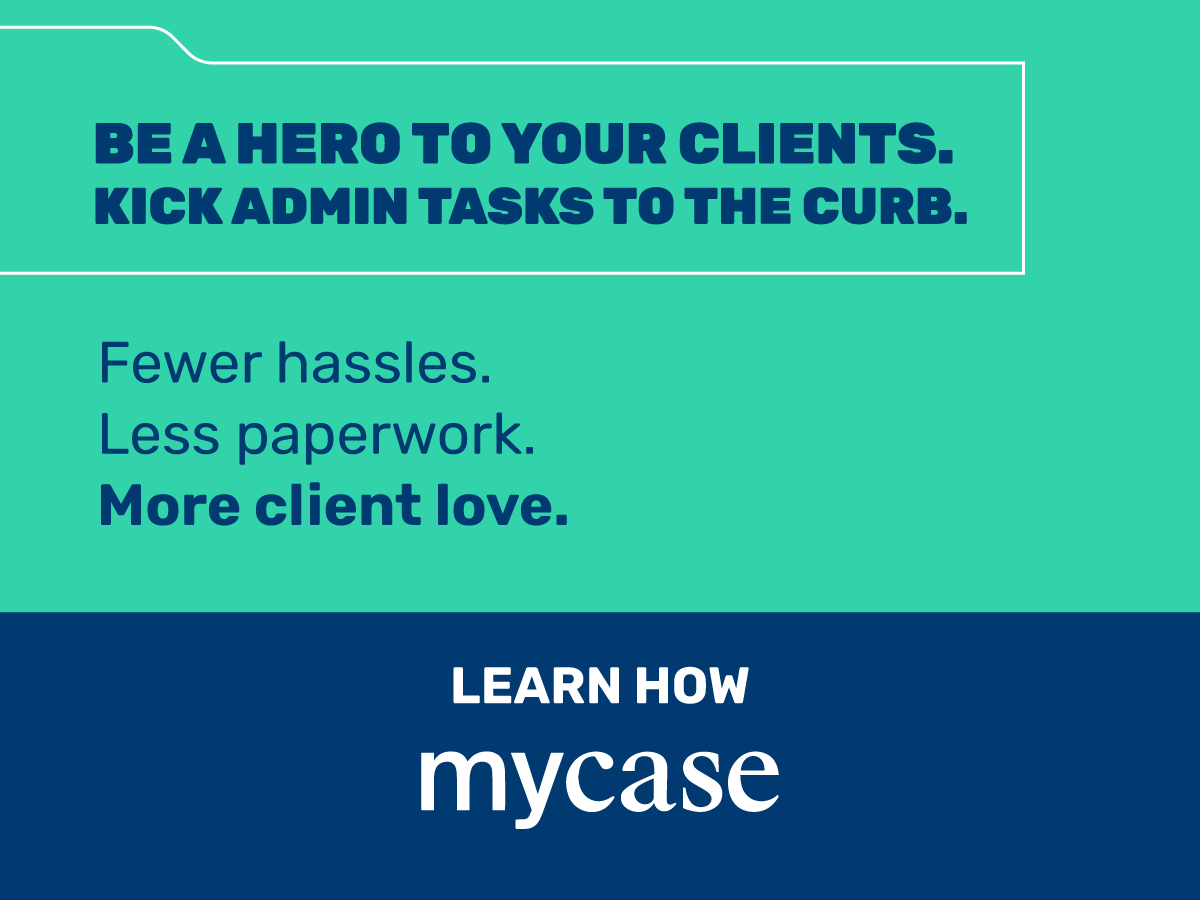Advisers say the answer comes in three parts: First, identify and communicate whatever helps your firm stand out from the competition. Second, avoid selling your firm short by looking upon it as less attractive than larger ones with their heftier paychecks. Third, make an effort to understand the motivations of the new crop of associates coming onto the scene.
“Too often law firm leaders are tone deaf in their hiring, thinking it’s all about salary and about finding the brightest students from a limited number of schools,” says Timothy B. Corcoran, Principal of Corcoran Consulting Group and an Independent member. “What it takes to be successful is far more nuanced than being a top academic achiever. There are fantastic associates available at all times to all firms, but they’re often overlooked because of one-dimensional recruiting.”
It’s not only on law firms, of course, to prove their worth. The market has turned leaner for associates as the legal environment adjusts from its post-pandemic hiring frenzy. In less frenetic times, associates have to ready their best pitch.
“It’s not good enough just to have credentials,” says JB Pullias, a Senior Director at VOYlegal. “Firms are hiring people with specific skill sets for specific purposes to fill gaps in a deal or litigation team. So people who have not developed those skills are going to really struggle in this market. A midlevel [mergers and acquisitions] associate who has never drafted a key agreement is going to have a tough time competing with others who have.”
CULTURE FIT
Given the tighter job market, it follows that medium-sized and smaller firms are in better negotiating positions. “During these slower times, associates may be willing to look at smaller firms if larger ones have over-hired for demand they can no longer sustain,” says Corcoran.
It’s true that leaner times carry a danger: Some prospective hires may see smaller firms as temporary landing places while they chase higher salaries elsewhere. But a firm can avoid hiring these candidates by leveraging the power of a good culture fit.
“Midsize firms will often lament that they cannot compete on a salary basis with the biggest ones,” says Corcoran. “While that will always be true, what they fail to notice is that if they’re interviewing an associate in the best and brightest category, that candidate has already made a decision that a top salary is not a requirement, otherwise they wouldn’t be applying at a midsized firm. Of course, they want to be well paid, but they’re looking for something different.”
“It’s not good enough just to have credentials. Firms are hiring people with specific skill sets for specific purposes to fill gaps in a deal or litigation team. So people who have not developed those skills are going to really struggle in this market.”
Today’s candidates are particularly attuned to the dangers of high-stress environments. “Thanks to the insanity of COVID and the resulting workloads, many attorneys have gotten a little jaded about the practice of law or just burned out,” says Pullias. Smaller firms can be seen as attractive havens. “New associates are not necessarily looking for fewer hours, but for more certainty about their expected levels of commitment,” he says. “Will they need to be available 24/7 so they can never take a break or a vacation? And how about the availability of remote work?”
Candidates have their antennae out for unhealthy work environments, too, says Pullias. “Are toxic individuals tolerated because they are rainmakers and bringing in tons of money? That’s a hard thing to find out in an interview, but people do get reports from colleagues.”
These concerns are part of a larger push in our culture right now to focus on mental health, notes Pullias. “While work-life balance is somewhat of a myth when it comes to being an attorney at the highest levels, people are still looking for firms that are a little bit more realistic in their expectations of associates.”
STANDING OUT
While associates will be attracted to healthy work environments, law firms should also make a point of identifying and communicating other unique benefits, says Corcoran. Maybe they can give associates more client contact, greater courtroom action and more live hands-on legal work earlier than other firms. Maybe they have a different path to partnership. And maybe they have a path for the high contributing associate who never wants to make partner.
Candidates in the Gen Z pool will be especially impressed with programs of diversity, equity and inclusion (DEI). “DEI is a huge focus in the legal field right now,” says Pullias. “Younger associates value it, maybe at an outsize level compared to others. They want to know that they are entering a firm that is trying to progress humanity forward.”
“Associates want to know what they are getting into when they join the firm. You don’t want to recruit bright-eyed people, fresh out of law school where they’ve been taught to use technology and embrace new approaches, only for them to find out they will be expected to practice the way everyone’s practiced forever.”
Some firms may be quite willing and able to be progressive in their approach to the practice of law, noted Corcoran. If adapting to new ideas and embracing technology is something the firm fosters, that information should be highlighted in the recruiting pitch. “Maybe the firm will entertain nonhourly fees, or innovative technologies. Or maybe it will allow associates to get involved more quickly in client interactions or participate earlier as first or second chairs on trials.”
And what if a firm does things the old-fashioned way? Nothing wrong with that, but it needs to be communicated as well.
“Associates want to know what they are getting into when they join the firm,” says Corcoran. “You don’t want to recruit bright-eyed people, fresh out of law school where they’ve been taught to use technology and embrace new approaches, only for them to find out they will be expected to practice the way everyone’s practiced forever.”
CAREER ADVANCEMENT
One final thing: Associates are looking for firms that will help them advance their careers, according to Pullias. “Many associates will value coaching and mentoring programs that train them in the skills they need to take them to a higher level,” he says.
Transparency can be as important in career growth pathways as in other elements of law firm operations. “It’s very often mystical as to what combination of contributions will lead to advancement to senior associate and eventually to partner,” says Corcoran. “No one expects the first-year associate to be a rainmaker while they keep their heads down learning their craft. But a few years in, maybe the firm expects them to exhibit the ability to lead a team and manage a matter, and to find opportunities outside the firm to create visibility and earn some business.”
The law firm that has a policy of not sharing such information should be upfront about it, says Corcoran. “They may say that they expect the associates to work hard as lawyers and at some point in the future they will discuss what it takes to advance in the firm. That’s fine — keep it secret if you wish, but then tell recruits that the path to advancement is secret.”
Transparency is the name of the game. Law firms that identify their unique selling propositions and communicate them to prospective associates will increase the odds of making hires that last.
“It’s very much about identifying what it takes to be successful in the firm and articulating that to recruits,” says Corcoran. “Firms will likely end up with much better fits when associates come in with their eyes wide open.”


